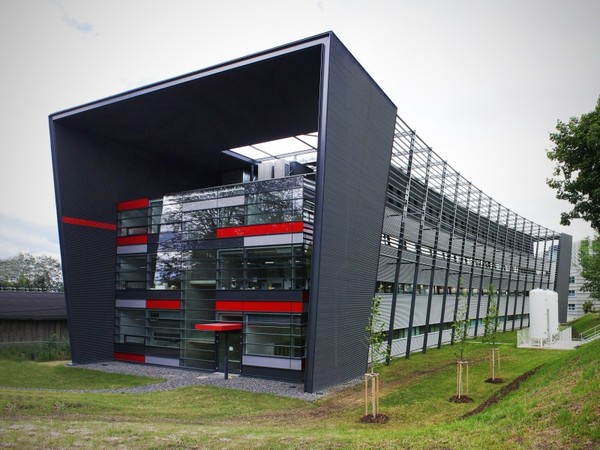An international research team lead by researchers at the Institute of Molecular and Translational Medicine (IMTM) of the UP Faculty of Medicine and Dentistry has published their findings on a drug used in the treatment of alcoholism – disulfiram, a/k/a Antabus or Antabuse – and its future use in the treatment of cancer in Nature, one of the most prestigious scientific magazines in the world.
Developing new anti-cancer medicines is extremely demanding, in terms of both time and money. A promising alternative is thus the use of existing and approved drugs for different diseases: DR – “drug repurposing” or “drug repositioning”. Searching for new uses of old medicines is especially attractive for academic translational research with respect to the substantially smaller investment into bringing them to the phase of clinical evaluation. Active programmes on DR are now taking place at many top academic workplaces, and even at some pharmaceutical firms.
A team of researchers at IMTM led by Prof Jiří Bártek and other colleagues from Denmark, Sweden, Switzerland, USA and Canada combined laboratory, pre-clinical and epidemiological research and determined that disulfiram (DSF), a cheap drug sold for many decades under the trade names Antabuse and Antabus for use in the treatment of alcoholism, has extraordinary anti-cancer effects.
The work came out of epidemiological studies performed on Danish patients-alcoholics who were diagnosed with malignant tumours. It showed that patients who continued to take DSF after being diagnosed with cancer had a significantly smaller risk of death from cancer than patients who discontinued use of the drug. This data, indicating the possible anti-cancer effect of DSF, motivated additional molecular biological research targeting the drug on cancer cells. It was determined that DSF contributes to copper being metabolised into a copper complex which accumulates in tumorous cells in the human body and binds to the NPL4 protein. This results in the protein’s immobilisation and subsequent loss of functionality.
The NPL4 protein is an integral component of the important p97 molecular pathway which helps cells cope with stress caused by the accumulation of damaged proteins in the endoplasmic reticulum. Cancer cells ordinarily display a huge overproduction of defective proteins. A fully functional p97/NPL4 pathway is thus quite important for their survival and is considered an attractive target for future treatments. The defect induced by DSF, or respectively its active metabolite, in the p97 pathway is a breakthrough discovery which, along with identification of the molecular target, makes possible future personalisation of treatment and its indication for cancer patients with the highest likelihood of therapeutic response.
Scientists from the IMTM and the UP Teaching Hospital are continuing further research to verify the effects of DSF in combination with copper in a clinical study, which is open to Olomouc patients with metastatic breast cancer.
Alcohol-abuse drug disulfiram targets cancer via p97 segregase adaptor NPL4
Authors: Zdeněk Škrott, Martin Mistrík, Klaus Kaae Andersen, Søren Friis, Dusana Majera, Jan Gurský, Tomáš Oždian, Jiřina Bártková, Zsofia Turi, Pavel Moudrý, Marianne Kraus, Martina Michalová, Jana Václavková, Petr Džubák, Ivo Vrobel, Pavla Poučková, Jindřich Sedláček, Andrea Miklovičová, Anne Kutt, Jing Li, Jana Mattová, Christoph Driessen, Q. Ping Dou, Jørgen Olsen, Marián Hajdúch, Boris Cvek, Raymond J. Deshaies & Jiří Bártek
